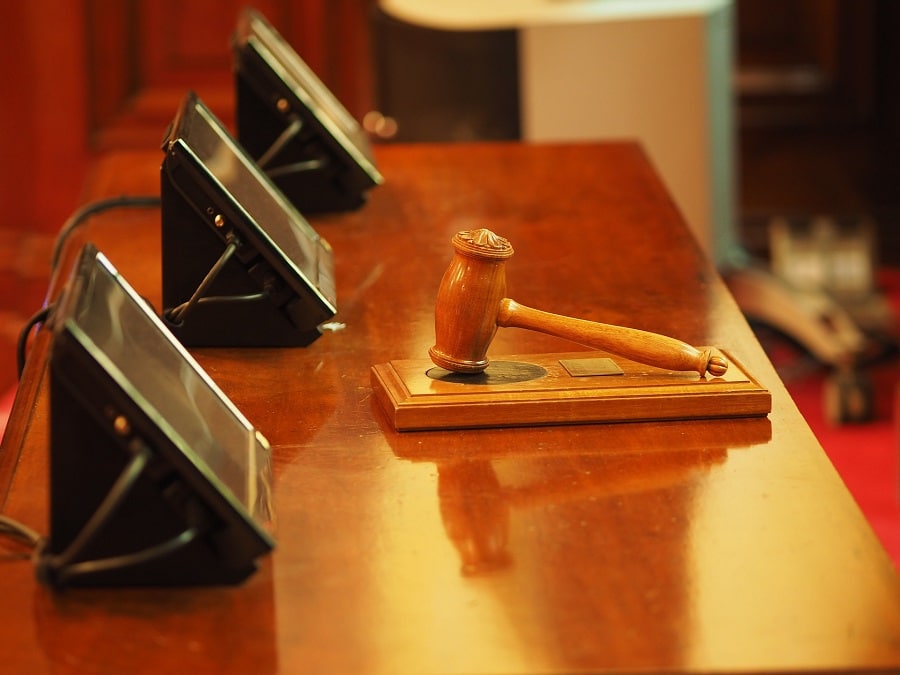People caught sharing pornography on the Internet in Kenya might soon find themselves guilty of an offence punishable by either a 25-year-jail term, a Ksh 20 million ($183,823.53) fine, or both.
This is proposed by a bill currently before the Parliament of Kenya titled, The Computer Misuse and Cybercrimes (Amendment) Bill, 2021.
This bill seeks to amend the current Computer Misuse and Cybercrimes Act 2018, which has been severely scrutinised in Kenyan courts.
Apart from the initial proposal which we have mentioned, the bill also empowers the government to block access to certain websites in Kenya. The bill also provides for regulating online activities related to terrorism, cultism, and religious extremism.
Per iFreeKe, Bloggers Association of Kenya (BAKE) says the move to amend the Cybercrimes Act seems to complicate rather than address previously raised issues.
Kenya and pornography

Africa’s attitude towards adult pornography is quite lax for a continent famous for its largely religious citizens. Very few countries have any laws prohibiting activities relating to adult pornography.
However, there is a prevalence of laws on child pornography as contained in most enactments on cybercrime in line with the Budapest Convention on Cybercrime. Section 24 of Kenya’s Computer Misuse and Cybercrime Act provides for this.
On the other hand, Kenyan law has no clear provisions for the sale, possession, and production of pornography; until now, it has done nothing to curb distribution online.
In November 2018, the government announced plans to filter porn websites and regulate films with explicit content to stop teenage pregnancies. The Communications Authority of Kenya was the agency in charge of that mandate.
The then ICT Cabinet Secretary, Joe Mucheru, said that the government had employed advanced technology to address the problem. However, it is not clear the exact technology it used and if at all the plans were carried out.
This new amendment regarding Internet pornography raises questions as to how the government intends to implement this law. There are suggestions that this could be done via the increased powers of the National Computer and Cybercrimes Co-ordination Committee.
The Committee can recommend websites that may be rendered inaccessible in the country. Though they haven’t been named, certain porn websites are expected to be among those recommended.
This again raises several questions. What parameters would be used to determine the right sites to keep? Why is the government looking to censor the Internet? What would this Internet censorship mean for its citizens? Let’s attempt to answer some of these questions.
Kenya and Internet censorship
Unlike several African countries — Libya, Uganda, Ethiopia, Tunisia, Egypt, Democratic Republic of Congo, Eritrea, etc. — Kenya is not usually a part of Internet censorship discussions.
As of March 2019, an Open Observatory of Network Interference (OONI) — a global community measuring worldwide Internet censorship — test carried out in Kenya revealed no signs of censorship or website blocking.
Regarding Internet access in Kenya, issues like inadequate infrastructure, poor penetration rates, and speed abound, so much so that there is no cause to consider censorship.
This makes the proposed decision to restrict access to certain websites in the country a bit surprising.
As contained in the proposed bill, the reason behind this provision is to expand the Committee’s power to include the ability to make such recommendations. This doesn’t explain why the government intends to censor the internet.
Going by the tenor of the amendment bill, we can infer that the Kenyan government is looking to apply this restriction to its ban on Internet pornography, terrorism, cultism, and religious extremism.
According to Aden Duale, Garissa Township MP, who sponsored the bill, incidents such as the distribution of unsolicited sexually explicit content and related cases will be curbed. He says the bill will go a long way in saving families.
While this is laudable, organisations such as Reporters Without Borders consistently warn against Internet filtering.
This is because, aside from issues touching on Internet freedom and neutrality, it could lead to slower connection speeds and blocking unrelated content.
These legitimate concerns certainly throw up some dust on Kenya’s Computer Misuse and Cybercrimes (Amendment) Bill.






